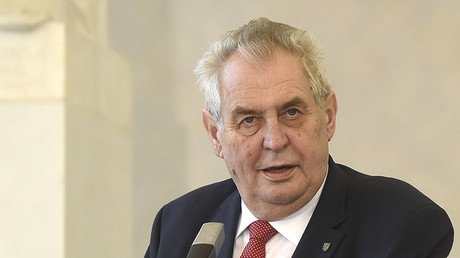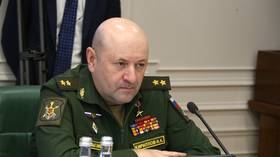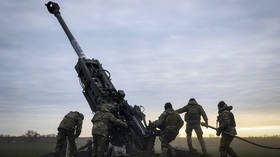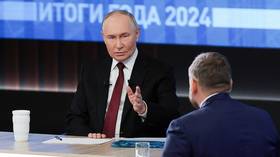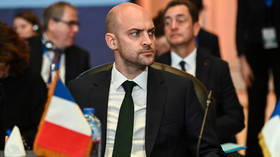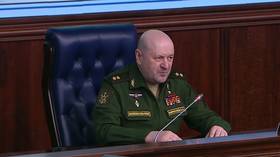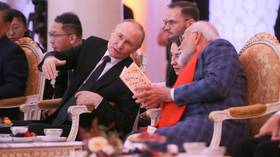‘Cries from Neanderthal cave’: Czech Republic & Ukraine trade jibes over Crimea
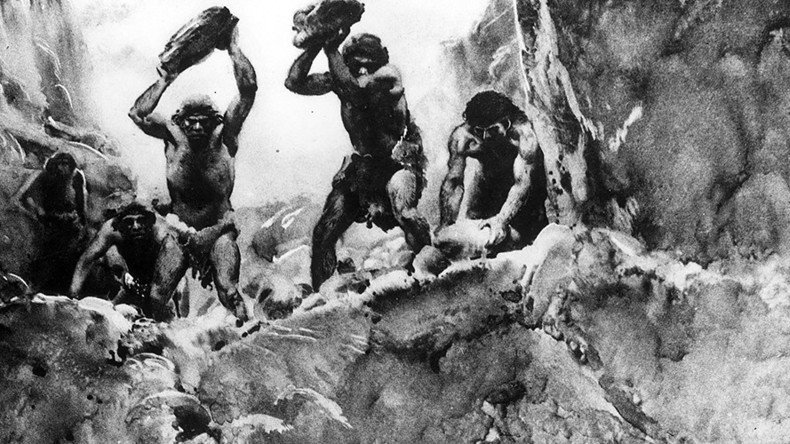
Sparks were flying this week between Kiev and Prague after the Ukrainian prime minister questioned mental health of the Czech leader, who suggested that Russia compensate Ukraine for Crimea. Prague, in turn, said the Kiev’s remarks were nothing but “Neanderthal cries.”
“I consider the rude attacks by some Ukrainian politicians on the president [of Czech Republic, Milos Zeman] as cries from a Neanderthal cave. They have no place in modern Europe,” Jiri Ovcacek, spokesman for the Czech president, tweeted.
The incendiary comment came after Ukrainian PM Vladimir Groysman remarked that only a person with mental issues would say that Russia could “compensate” Kiev for Crimea, responding to a stunning statement made earlier by Zeman.
“A [mentally] healthy person would never say such a thing, but it is possible that a mentally ill person may [make such a remark],” Groysman told journalists on Thursday.
The PM added that Czech people “are absolutely nice and clever,” but added that among them there are people “who sometimes make insane statements like that we witnessed today.”
On Tuesday, Zeman made headlines after saying that Russia could “compensate” Ukraine for Crimea with money or oil.
Speaking to the Parliamentary Assembly of the Council of Europe (PACE) in France two days earlier, he had said that in his opinion “there will be some compensation for Ukraine [for losing Crimea].”
That may be done in form of “either money, oil or gas,” he said.
Zeman also urged European politicians to accept the secession of the peninsula from Ukraine as “fait accompli.” He noted that an attempt to try and return Crimea to Ukraine “will mean a European war.”
The comments prompted Ukraine’s PACE representatives to stage a walkout.
Crimea held a referendum after the 2013 uprising and ensuing coup in Ukraine. The peninsula reunited with Russia following a plebiscite on whether to do so in March 2014, in which 97 percent voted in favor. The result remains unrecognized by Kiev and the West; Moscow insists the vote was conducted in accordance with international law.
